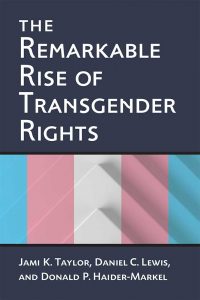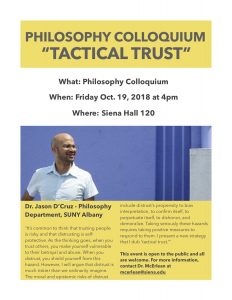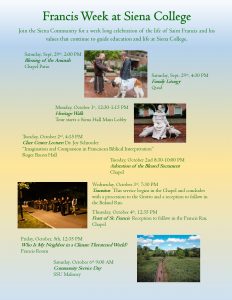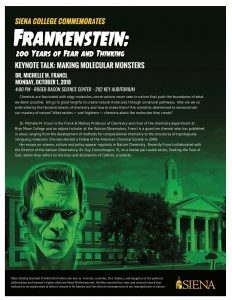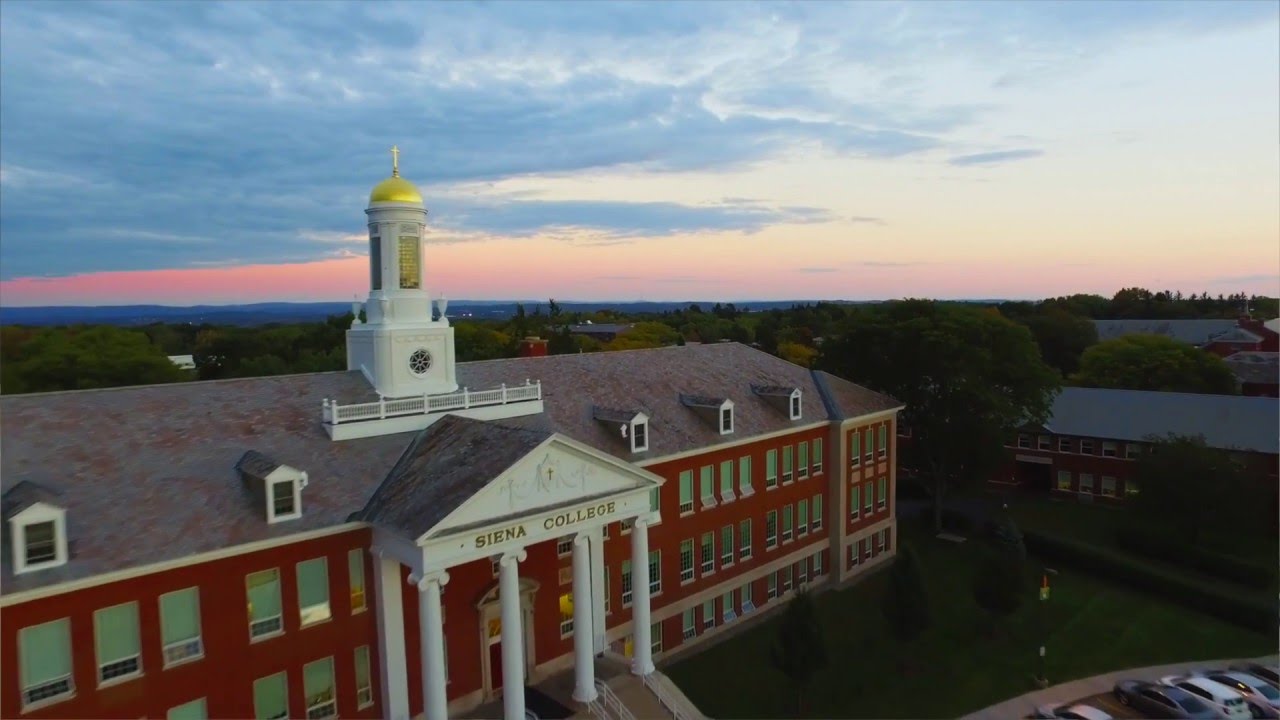As an English major, I am constantly asked what my plans are after graduation. The general response I get? “Good luck finding a job!” “What do you expect to do with that?” “Why didn’t you pick a real major?” In my experience, people frequently dismiss a liberal arts degree as unnecessary, even useless. If I had a dollar for every time someone dismissed my field of study, I could make a good dent in paying off my student loans. However, these negative attitudes towards liberal arts degrees are proven largely invalid.
An article in CBS News by Aimee Picchi emphasizes the growing importance of a liberal arts degree in the eyes of employers. College students are widely unemployed, but in an underemployment rate of various majors, English majors are nowhere near the bottom at 29%, and compared with business majors at 31%. 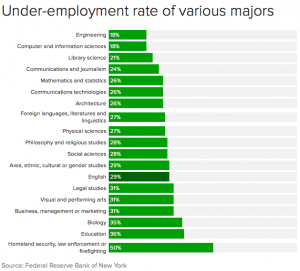
Picchi’s article suggests English majors and liberal arts students might have a better chance finding a job post-graduation than business or biology majors. Though popular majors are expected to perform well in the labor force, this isn’t always the outcome. Majors like business, legal studies, and social services professions are dubbed “problematic majors” by the article because they are expected to land graduates jobs. They similarly “comprise 4 in 10 bachelor’s degrees handed out by U.S. colleges” (Picchi).
Picchi explains that the main issue with these “problematic majors” is that they are preparing students for specific fields, rather than providing them with the skills to make them a “job ready adult.” Students will graduate without the necessary hard and soft skills needed for employment, making them not fully ready to enter the workforce. Picchi explains, “That’s not to say that business majors can’t find good job opportunities after graduation. But the key is focusing on developing skills that will help them stand out when they go on the job market.”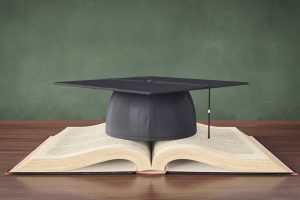
Liberal arts degrees, though unfairly considered invaluable, teach a broad range of useful skills that are adaptable to many career fields. The applications of communication skills, reading comprehension, and analytical abilities are endless. It can be frustrating to have your degree dismissed, but studies like this prove the value of a liberal arts degree. So when someone critiques your choice of major, remember that every major has value!
